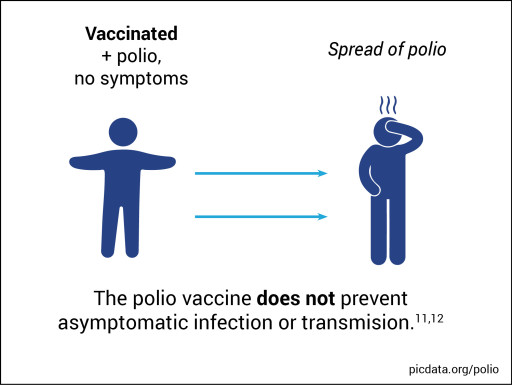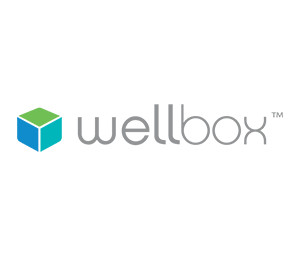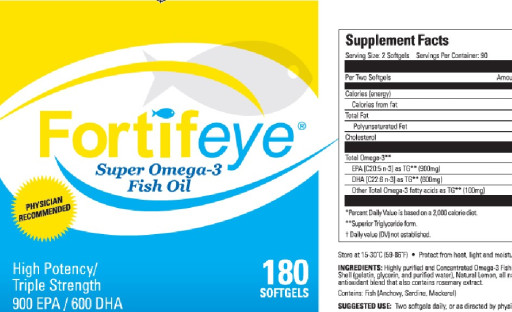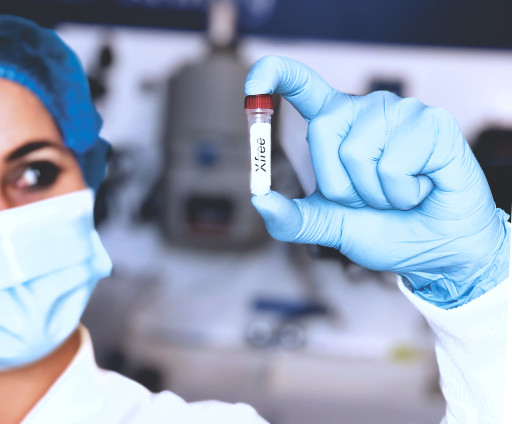
New Educational Materials Provide Important Data on Polio and the Polio Vaccine
NEWPORT BEACH, Calif., September 7, 2023 (Newswire.com)
–
Physicians for Informed Consent (PIC) has introduced two new educational documents, “Polio: What Parents Need to Know” and “IPV Vaccine: Is It Safer Than Polio?” Packed with key statistical data on the risk of polio as well as the risk of the IPV (inactivated poliovirus) vaccine, the documents assist parents in making a more informed risk-benefit calculation for vaccination.
“Now more than ever, people have concerns about vaccines on the childhood vaccination schedule, and a question we hear all the time is ‘What about polio?'” said Greg Glaser, general counsel and national coalition director for Physicians for Informed Consent. “These new documents scientifically address this question, so more parents can research the vaccine and decide what’s best for their children.”
The following is a summary of essential facts included in the documents.
Polio – Disease Information Statement (DIS):
- About 95% of people who contract polio have no symptoms (asymptomatic).
- The great majority of polio infections that are fatal or result in permanent paralysis occur in people who have had their tonsils surgically removed (tonsillectomy) or do not rest after feeling sick.
- Before the introduction of the polio vaccine in 1955, paralytic poliomyelitis was a disease of low incidence, occurring in about 1 in 22,000 or 0.005% in the U.S. population.
- Before the polio vaccine was introduced, about 0.0005% (1 in 190,000) of children at normal risk contracted polio that was fatal or led to permanent paralysis.
Polio – Vaccine Risk Statement (VRS):
- The polio vaccine does not prevent asymptomatic infection or transmission.
- The Institute of Medicine has not ruled out the possibility that IPV vaccination can lead to Guillain-Barré syndrome or sudden infant death syndrome (SIDS).
- Seizures may occur in about 1 in 829 children vaccinated with IPV vaccine.
- A study published in the Journal of the American Medical Association (JAMA) shows an IPV-containing vaccine may cause permanent injury 38 times more often than permanent injury from polio infection.
- The polio vaccine has not been proven safer than polio infection for normal-risk children.
“As polio is so feared in our culture, the data we reveal is paradigm-shifting,” said Dr. Shira Miller, founder and president of Physicians for Informed Consent. “Our educational documents show that for normal-risk children the polio vaccine is not proven safer than polio infection — which has serious implications for both children’s health and vaccine mandates for school attendance.”
To protect and enhance children’s health, it’s necessary that parents have access to reliable infectious disease and vaccine educational information. PIC makes scientific data freely available through its education program, a growing collection of concise, reader-friendly educational materials that support parents, physicians, and policymakers in calculating the risk-benefit ratio of vaccination. To read the newest DIS and VRS documents on polio and the IPV vaccine, visit physiciansforinformedconsent.org/polio.
Contact Information:
Greg Glaser
General Counsel
[email protected]
925-642-6651
Original Source:
Physicians for Informed Consent States, ‘For Normal-Risk Children, the Polio Vaccine is Not Proven Safer Than Polio Infection’

The post Physicians for Informed Consent States, ‘For Normal-Risk Children, the Polio Vaccine is Not Proven Safer Than Polio Infection’ first appeared on Enrose Magazine.
Continue Reading








